Miscellaneous Technology
First Automatic Don’t Walk Sign
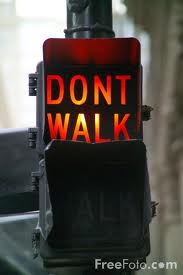
The first “Don’t Walk” sign was installed in New York City. The installation of this sign was inspired by the growing number of deaths resulting from pedestrian accidents.
First Polygraph Used
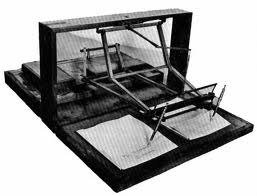
Leonarde Keeler, co-inventor of the polygraph machine, first uses his invention. Keeler used the lie detector on two criminals in Portage, Wisconsin, who were later convicted of assault when the lie detector results were introduced in court.
First Working Prototype of Rotary Engine
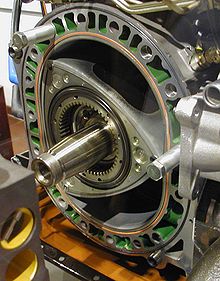
Felix Wankel‘s first working prototype DKM 54 of the Wankel engine runs in Germany. The Wankel engine is more commonly referred to as the “rotary engine”, because it is the most successful design of such an engine, although there are other engines that are considered rotary. The most common use of the Wankel engine is by Mazda in their RX series of cars.
First Movie Studio Completed
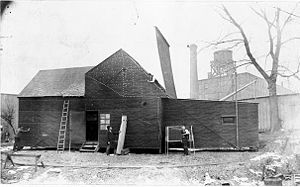
Thomas A. Edison finishes construction of the first motion picture studio, the Black Maria (officially known as the Kinetographic Theater) in West Orange, New Jersey. The name Black Maria came from a slang term for police wagons, also known as paddywagons, which were similarly cramped, uncomfortable, and dark.
First Super Bowl in HD
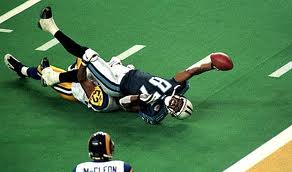
Super Bowl XXXIV: The St. Louis Rams beat the Tennessee Titans, 23-16 at the Georgia Dome in Atlanta. This was the first Super Bowl to be broadcast in High Definition. And after living in New Orleans then St. Louis and suffering through the Saints, Cardinals, and Rams, it was the first time my home team won the Super Bowl (actually, it was the first time any of my home teams won any major sports championship).
Karl Benz Patents Gas Automobile
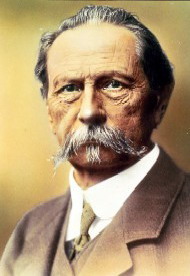
Karl Benz patents the first successful gasoline-driven automobile. He would eventually go on to found the Mercedes Benz company.
Edison Patents Incandescent Lamp
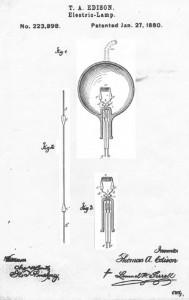
Thomas Edison patents the electric incandescent lamp. While other incandescent lamps were created before his, Edison’s version was able to outstrip the others because of a combination of three factors: an effective incandescent material, a higher vacuum than others were able to achieve (by use of the Sprengel pump) and a high resistance that made power distribution from a centralized source economically viable.
First Transcontinental Jet Flight
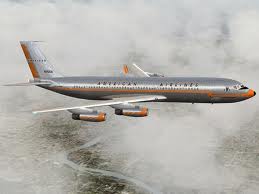
The first transcontinental commercial jet trip was made by an American Airlines Boeing 707, from Los Angeles to New York.
Microwave Oven Patented
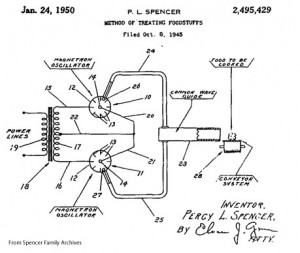
The original microwave oven patent was issued to Percy LeBaron Spencer under the title “Method of Treating Foodstuffs.” Five years earlier, Spencer accidentally discovered that microwave energy could heat food when a chocolate bar in his pocket melted while he was experimenting with a microwave tube. Microwave tubes were originally designed for RADAR systems.
First Bridge Over the Mississippi River
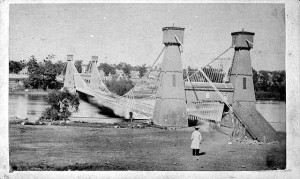
The first bridge over the Mississippi River opens in what is now Minneapolis, Minnesota, a crossing made today by the Father Louis Hennepin Bridge.
